TEHRAN (Bazaar) – Professor Paul Pillar, who was CIA intelligence analyst for 28 years, says “Opponents of Iran and of the JCPOA will continue to find "new" issues to bring up that should have IAEA attention.”
He adds that “One can expect the Israeli government, even without Netanyahu, to continue doing that sort of thing.”
Pillar told Bazaar news agency Iran and IAEA recent agreement is “a step forward and should be welcomed.”
Following is the text of the interview:
Bazaar: During the visit of Rafael Mariano Grossi, director general of the International Atomic Energy Agency (IAEA), it was decided that Iran would provide documents on the Agency's questions about the three places that Iran did not declare to the Agency, by March 20, 2022, at the latest. What is your assessment of this agreement?
Pillar: It is a step forward and should be welcomed. This issue has long been a sticking point. It remains to be seen, of course, what the assessment will be of whatever documents Iran does provide, and whether they fully answer questions that have been raised about these sites.
Bazaar: Grossi stated at the Tehran meeting that if the IAEA and Iran do not reach an agreement, an agreement will not be reached in Vienna. It appears that his visit to Iran was unrelated to nuclear issues under the JCPOA, that is, the same cases related to Netanyahu's documents. However, why is the JCPOA linked to a non-JCPOA nuclear case?
Pillar: There are two connections that may be involved. One is that this may be a matter of using Iran's desire to reach an agreement on restoring the JCPOA as leverage to get it to be more cooperative on the PMD issue. The other is that whether there is formal linkage or not, the governments that are parties to the JCPOA realize that opponents of the JCPOA will keep bringing up the PMD issue and saying Iran is not a regime that complies with its commitments. This is a theme frequently heard from JCPOA opponents in the United States. The Biden administration faces the prospect of having to defend any agreement on restoring the JCPOA in the face of that kind of opposition argument. The defense will be easier if defenders of the new agreement can say that the PMD issue has been settled.
Bazaar: During Grossi's visit, the case of the three undisclosed locations is scheduled to be closed by June, prior to the IAEA Board of Governors meeting, if the Director-General reports positively. David Albright, a former IAEA official, said Netanyahu's documents outnumbered the current ones. Accordingly, Iran insists that the PMD be closed completely. Do you think that even with the closure of the current file, the agency might still raise other issues regarding PMD?
Pillar: Opponents of Iran and of the JCPOA will continue to find "new" issues to bring up that should have IAEA attention. One can expect the Israeli government, even without Netanyahu, to continue doing that sort of thing.
Bazaar: While the Foreign Ministries were scheduled to travel to Vienna to announce the finality of the agreement, the trip was canceled. Russia, on the other hand, has said that US sanctions should not hinder Russia's trade with Iran after the revival of the JCPOA. To what extent will this statement by Russia affect the negotiations, and why does Russia propose this condition at the final stage of negotiations?
Pillar: It is a complication in the negotiations, though not necessarily a fatal one. It is not surprising that Russia, facing a strong international reaction in response to its invasion of Ukraine, will use every avenue available to try to push back on the sanctions being levied on Russia. This demand by Russia does not point to any specific Russian behavior that is apt to follow agreement on a restored JCPOA. Even an unsanctioned relationship between Russia and Iran is unlikely to do much good for Russia in compensating for all the other sanctions that have hit it.

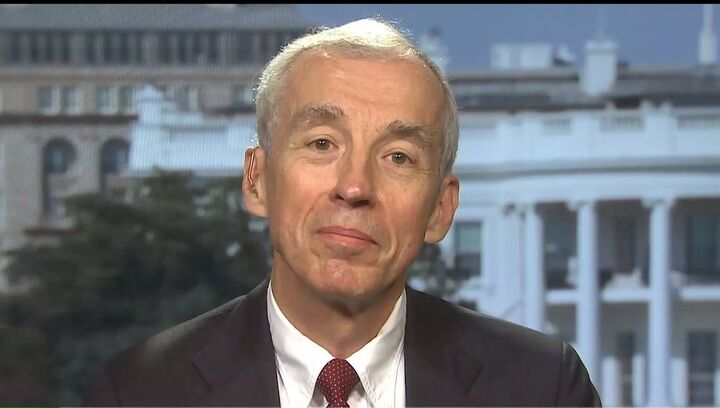




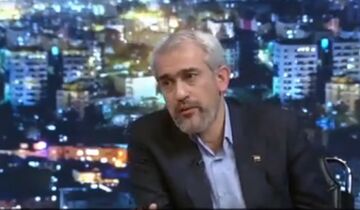
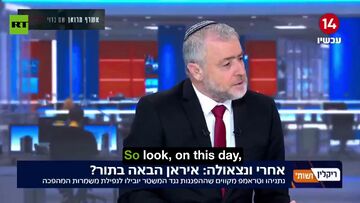
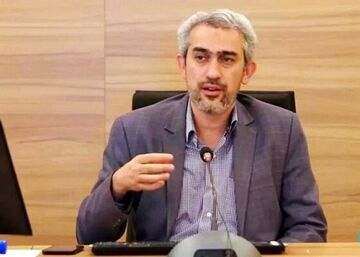
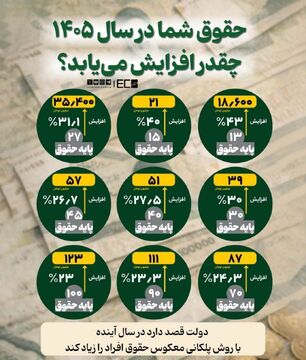
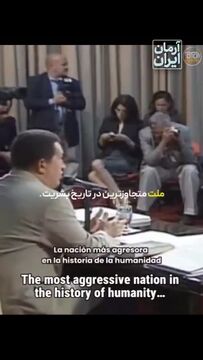
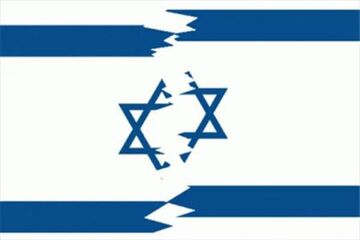



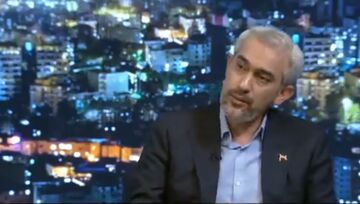
نظر شما